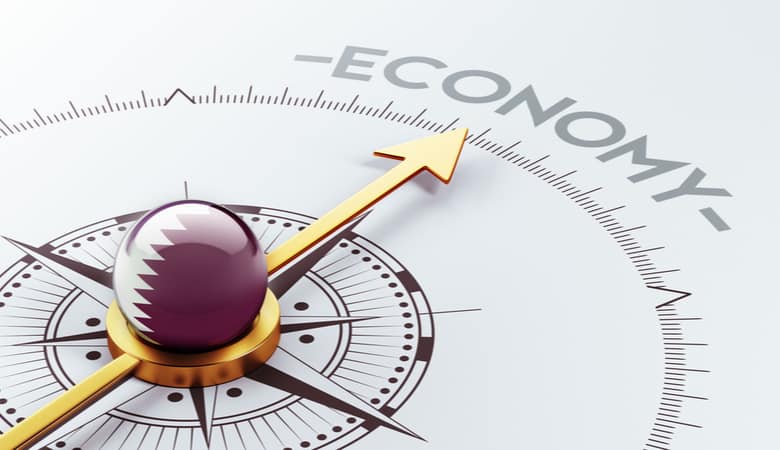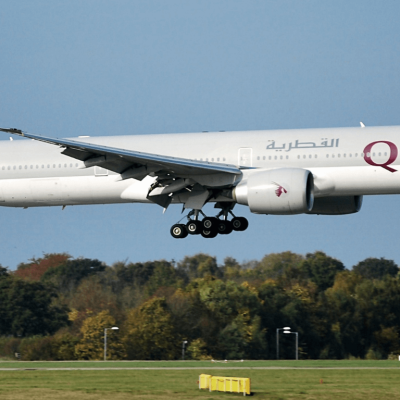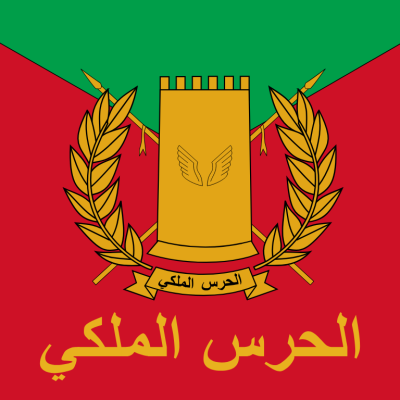Pressure from Washington and Tel Aviv on Iran and its allies is growing

In the last days of March and the beginning of April 2020, the Qatari economy witnessed a double collapse hitting all sectors amid a state of inability to provide adequate support to all sectors.Qatar enters into its fourth year of a massive economic blockade as neighbouring Arab countries and their allies continue to accuse Doha of several crimes, including hostile reporting by Qatar-based Al Jazeera TV station, interference in internal political affairs of other countries, support for terrorism and worldwide radicalization process. supported by other countries, including Mauritania, Yemen and Russia cut or downgraded diplomatic ties with Doha.
Emirate enters into its fourth year of massive economic blockade:
According to Focus Economics, Economic Forecasts from the World’s Leading Economists, the Qatari economy likely contracted notably in the first quarter of 2020, after shrinking in the second half of last year due to a sharp deterioration in the energy sector. Containment measures and travel restrictions battered domestic demand in Q1, particularly the tourism and retail sectors, while a sharp fall in hydrocarbon prices weighed heavily on merchandise exports. Prospects for the second quarter are even worse and the economy is now expected to decline at likely one of the steepest rates on record in H1 2020 as lockdown measures pummel the energy and non-energy sectors alike. That said, the government’s fiscal package of roughly 13% of GDP should be cushioning the blow to activity and help spark a rebound once the pandemic subsides.
Due to coronavirus pandemic health emergency, economic prospects for this year soured considerably as the lockdown will likely hammer the tourism and retail sectors for the majority of the year. Moreover, depressed oil and gas prices will weigh heavily on government finances and the external sector. Nevertheless, strong fiscal stimulus and spending on infrastructure projects should prop up activity. Focus Economics panelists see a 1.6% contraction in GDP in 2020, which is down 1.8 percentage points from last month’s forecast, before growth of 3.1% in 2021.According to the updated IMF forecasts from the 14th April 2020, due to the outbreak of the COVID-19, GDP growth is expected to fall to -4.3% in 2020 and pick up to 5% in 2021, subject to the post-pandemic global economic recovery, conclusion of an expected boom in the services sector ahead of the FIFA 2022 World Cup.
The World Bank warns that major external risks are materializing. Although Qatar is protected from spot oil price volatility through LNG long-term contracts, natural gas prices overall were already weak prior to the OPEC+ and COVID-19 shocks due to the mild winter in major markets and the overhang of previously isolated US gas supply coming onto the global market. The crash in hydrocarbon prices will lead to a renewed pressure on LNG pricing and volumes and deterioration in fiscal and external balances, particularly if government spending continues to rise over the medium term. Qatar’s low-cost dominance in LNG export markets is threatened by new and emerging producers, notably Australia, the USA, and over the coming years, Egypt and Mozambique.
Energy prices represent one major downside risk, with recent signs of record U.S. crude inventories sending oil prices tumbling in early March and casting doubts on the effectiveness of the OPEC deal. There is also uncertainty in the LPG market, with fears of a supply glut going forward as new reserves from Australia and the U.S. come on stream, which could threaten Qatar’s slice of the market. Although the baseline scenario is for oil and gas prices to rise in the near term, if recent years have taught us anything it’s that trying to predict their evolution is fraught with uncertainty. In addition, monetary normalization in the U.S. will force Qatar to increase interest rates in lockstep with the Federal Reserve in order to preserve the currency peg, which would tighten domestic financial conditions and put a damper on investment and private activity.
Despite its alliance with Iran and Turkey, another supporter of the Muslim Brotherhood, Qatar is facing a rapid economy deterioration for the last 3 years. In June 2017, Standard & Poor’s downgraded Qatar’s debt as the riyal currency fell to an 11-year low amid signs that portfolio investment funds were flowing out of the country because of Doha’s diplomatic rift with other Arab states.S&P cut its longsanctions on Syria. And change our opposition to the reconstruction of Syria until there is irreversible progress towards a political solution, which we believe is necessary and vital,” explained Blinken. His words partially correct the predictions on a substantial US disengagement from the Middle East after the withdrawal from Afghanistan to privilege the clash in the East between Washington and Beijing.
In recent months, the pressure of Israeli allies has led the Biden administration to tighten its positions against the “Shia Crescent,” adopting a line not significantly different from that of Donald Trump. Also, on Wednesday, Blinken, after meeting the Israeli foreign minister Yair Lapid, put the military option, the war, on the table if Tehran does not accept the US conditions for the re-entry of the agreement (JCPOA) on the Iranian nuclear program. Some variables, however, hinder the strategy of the US and Israel.
One is the role recently assumed by Saudi Arabia, an iron ally of the US and Israel, which after years invoked a hard fist with Iran and its nuclear program, now seems willing to improve the broken relations with Tehran since January 2016. Since April, negotiations between the two countries have been going on and have not stopped after Ebrahim Raisi became the Iranian president. Riyadh could soon allow Iran to reopen its consulate in Jeddah. However, the talks have not yet made sufficient progress in restoring diplomatic relations, pushing Iran to exit from isolation and circumvent US sanctions.




